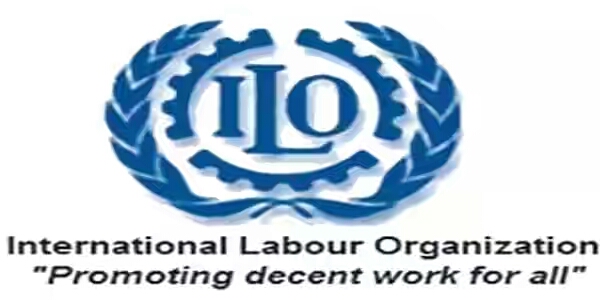The International Labour Organization (ILO) has advised organizations and policy makers to reduce the effect of heat on their workforce, to ensure productivity.
According to its weekly reports, the ILO said that extreme heat results in loss of work capacity and labour productivity.
It said that currently, 4 billion people lived in the tropical and sub-tropical belt regions that would suffer most from extreme heat.
“In particular, workers in sectors such as agriculture, construction, mining and oil refining are most vulnerable.
“Those most affected are those who work continuously at high physical intensity,’’ the report said.
The report also said that the effects of rising heat would be severe in urban areas, compared to rural areas, due to the “urban heat island effect”.
It said that heat stress increases workers’ risk of daily dehydration, exposure to toxic chemicals resulting from increased heat-induced evaporation, vector-borne diseases and work-related injuries such as heat stroke.
The ILO report said that loss of productivity would have significant economic consequences and that extreme heat exposure influences workers’ work time, as many low-skilled workers are paid per output.
It said that as a result of the heat, there would be loss of annual daylight work hours in the tropical and sub-tropical belt regions that would affect the Gross Domestic Products (GDP) and income trends of the country. (NAN)

